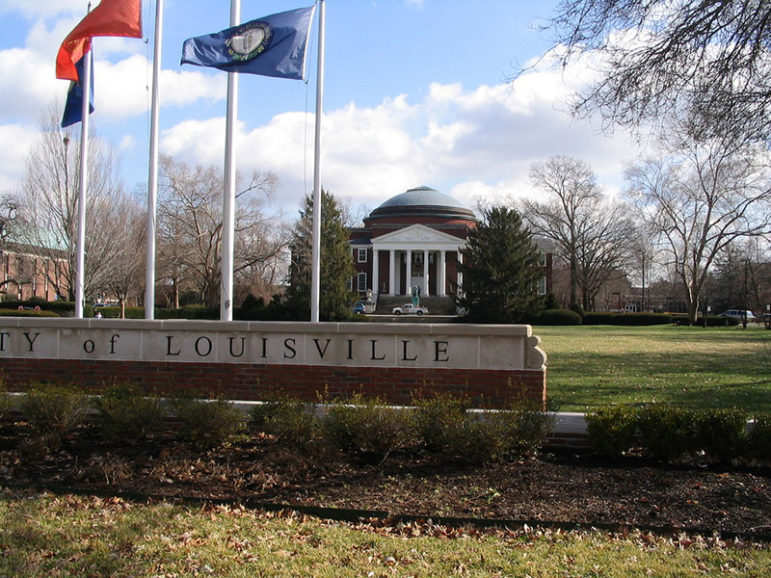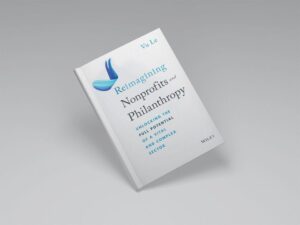
October 10, 2016; National Law Review
A recent article in the National Law Review examines a recent situation where antitrust concerns arose when directors and officers of one corporation also served on the board of a competitor. Such situations can manifest even when one of the organizations is a subsidiary of another, as is frequently seen in nonprofit health systems and we’ve observed in other kinds of organizations.
Michael Peregrine of McDermott, Will & Emory writes:
Corporate law and governance issues regarding the relationships between parent and subsidiary organizations are becoming more complex, and increasingly more ripe for substantial disagreement or dispute between those organizations and their officers and directors. An increasingly prominent example of this is confusion on the duty of loyalty owed by subsidiary corporation officers and directors—especially those who may simultaneously serve as officers and directors of the parent organization.
Peregrine says such conflicts can arise even when board members have been appointed or elected by the parent. He observes, “Confusion may arise as to the potential for conflict when subsidiary board members are called upon to vote on matters where there is a theoretical or actual potential for conflict between the interests of the subsidiary corporation and the parent. To which organization is their duty of loyalty owed?”
But the problems with such complex structures do not end there. In some cases, you may have different sectoral intentions (for-profit/nonprofit) and requirements for things such as open records and general transparency, as in the case of the University of Louisville/University of Louisville (U of L) Foundation meltdown.
Sign up for our free newsletters
Subscribe to NPQ's newsletters to have our top stories delivered directly to your inbox.
By signing up, you agree to our privacy policy and terms of use, and to receive messages from NPQ and our partners.
Kentucky State Auditor Mike Harmon is investigating the foundation and its finances, which include a $38 million loan from the university to the foundation that was not approved by either board. As reported by Insider Louisville:
[On] Friday, [September 9, 2016,] the Board of Trustees approved a resolution by a nearly unanimous vote stating that the university may sue the U of L Foundation if it does not turn over financial documents requested by [chairman of board trustees Larry] Benz. The resolution noted that “significant questions have arisen with respect to the use of funds held for the benefit of the University by the Foundation” and gave Benz the authority to initiate legal action if the transparency demands are not met.
Bob Hughes, a trustee of the university board and the foundation board chair, abstained from voting on the resolution, which had the backing of 14 trustees. Hughes protests the need for a forensic audit and calls the threat of a lawsuit “unnecessary.” Benz wants Hughes’s resignation and an end to his control over the foundation board.
A meeting of board members for both the university and foundation to iron out their differences was supposed to happen this week, but Hughes indicated Tuesday he would not agree to one because of the trustees’ resolution, as “threatening to sue people and then demanding meetings and complaining when they can’t happen isn’t productive.”
“The concept of a joint meeting between the Louisville Board of Trustees and the Foundation Board of Directors is not a bad one,” Hughes said in a statement released Tuesday. “However, because Chairman Benz has had the Trustees publicly threaten litigation, our legal counsel has advised us that a meeting at this time is not prudent.”
As the Law Review article mentions, institutional interests may diverge over time, even if one is explicitly supposed to be acting in the interests of the other and the structure seems right at the beginning.—Ruth McCambridge











